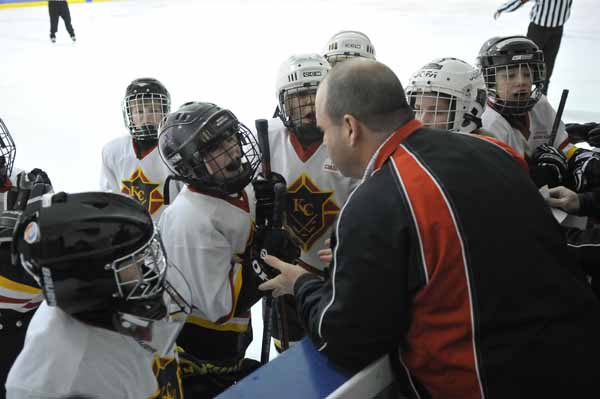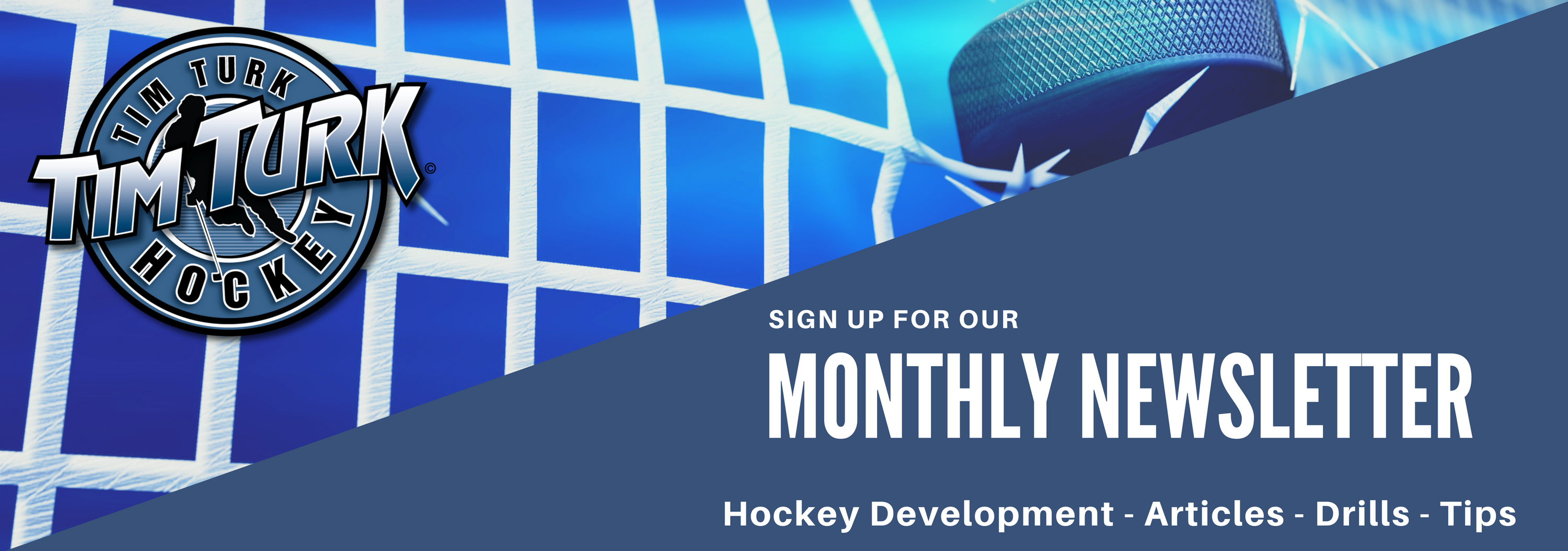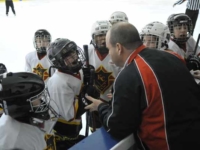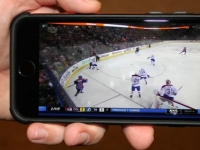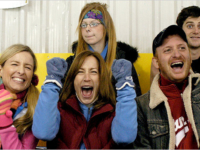First and foremost, congratulations on landing the position as coach of a minor hockey team! Whether you’re an enthusiastic hockey parent looking to fill the position for the year, or you’re using the position as helpful job experience, coaching – even a minor hockey team – is a huge commitment. You’ll need to set aside time for every practice and game, also to manage your other team staff. On top of that, you need to plan your practices and come up with drills for your team to perform, along with many other tasks throughout the season.
When you consider everything that you’ll need to do, coaching can seem like a daunting task, and you may have a bit of regret in signing up for the position. But fear not! Below are some of the best tips to help first-time hockey coaches have an easy and successful season.
Set Clear Rules
This tip applies to both the players and parents of the players. For your team, make sure everyone knows the rules and the consequences associated with them. For example, that bullying in any form is not tolerated, and a first-offence could result in a suspension, with harsher consequences to follow if caught again.
For the parents, let them know what to expect during the season. Inform them of who they need to go to for questions, or concerns and how to communicate effectively with you or your team manager.
Welcome Your Players by Name
If you start off every practice and game by welcoming all your players, by name, and shaking their hands or giving them a fist-bump, it’s a near guarantee to make your players adore you. Doing this is a tremendous sign of respect, especially for kids, who aren’t as used to being directly acknowledged by name. On top of that, it will make your players more comfortable around you.
Of course, there are many other things you can do as a coach to build respect with your team, like complementing your players on things they do well, and carefully listening to their feedback and questions. Welcoming your players is just an example of many ways you can earn respect from your players by showing them respect first.
Have A Positive Attitude
If you, as a coach, are positive and enthusiastic at practices and games, then your players will be too!
Showing your players that you’re excited to attend your team’s games and practices and see them improve will make the players more excited to do the same. That way, you can create an environment where your team enjoys playing hockey together and everyone is more eager to improve their skills.
Keep the Players Active and Engaged
Keeping your players engaged will keep them focused, so they won’t goof off or distract others, and they will also enjoy coming to practices and games more. You can do this by keeping two things in mind. First, design drills that involve as many players at once as possible, so you’re maximizing the time that they’re participating. Some drills will have as few as one player active at a time, which will leave the other team members bored on the ice as they wait their turn. These sorts of drills can still be helpful but should be balanced with more involved ones.
Second, try to limit the amount of time you spend talking to your team every practice, especially if you are coaching a younger age group. The attention span of young players is usually much shorter than that of older ones. If you talk to your team for more than a few minutes at a time, you run the risk of kids getting bored and their minds wandering. Then they may fool around and start distracting their teammates. A good way to keep your talking time in check is to only focus on one or two skills each practice.
Communicate with Parents and Players
Effective communication as a coach is extremely important. Whether you or your team manager has the responsibility of relaying information, you need to make sure it gets done well. The parents and players should be constantly informed about game and practice dates, times, and locations, and about any events the team is running. Parents should also be informed of any outstanding feedback or issues with their child, on or off the ice. Keeping everyone informed will reduce questions and issues brought up by parents, making for a much less stressful coaching experience.
Stress the Importance of Having Fun
One of the most crucial tips for a new minor hockey coach is to not place too much importance on winning. While your players should be motivated to win every game they play, they shouldn’t feel angry or upset at losing, or that they’re disappointing you when they do. Make it clear that the main purpose of the hockey season is to have fun and for everyone to become better hockey players, which will happen whether your team wins or loses.
Yes, while coaching a minor hockey team for the first time can be very difficult, it can also be extremely rewarding. You’ll have the opportunity to work with help develop the skills of a large, dedicated group of kids. You’ll also be involved in an organization that is supported by parents, volunteers, and your entire community. On top of those, you’ll get to participate in trips to play away-games, fundraisers, and fun activities throughout the season.
Following the tips above will give you the best chance to make sure you have a smooth, successful season and can focus on you and your team having fun.


